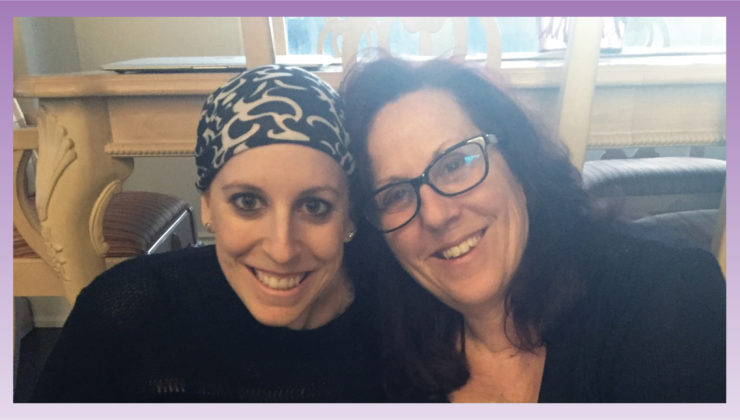The Importance of Sleep When You Lose a Loved One

Studies have shown that lack of sleep can intensify the grieving process. When the negative effects of sleep deprivation compound the effects of grief, your emotional state, physical abilities, and cognitive function take a huge hit. Additionally, troubled sleep makes it more difficult to recover and get back into the swing of everyday life.
3 Ways Sleep Loss Can Impact the Grieving Process
Emotional Instability
Grief alone is enough to harm your emotional well-being. Developing symptoms of depression or bouts of anxiety are common issues, even in individuals with no prior history with these symptoms. Thankfully, there are ways to help boost your mood while in the midst of grieving. Getting enough rest is one. With adequate sleep, your body and mind have time to process your thoughts and emotions, and ultimately your grief. On the flip side, losing sleep puts you at risk of increased irritability, depressed moods, and a delay in the healing process.
Physical Ailments
In addition to your emotional health, your physical health can take a hit while processing grief. Just as grief affects us mentally, it can also manifest into physical ailments; although, the physical symptoms of grief are somewhat less discussed. While grieving you might find yourself experiencing headaches due to stress, digestive issues due to a loss in appetite, and a weakened immune system that can make you more susceptible to sickness. Without proper sleep the physical effects of grief can worsen and take longer to subside.
Clouded Judgment
When a loved one passes, you might find yourself feeling a bit hazy. Our minds strive to protect us from pain, so after a death, we sometimes move through the days in a fog. In many cases, people close to the deceased find they don’t remember much of the funeral. And while this state of mind may sound desirable to some because it temporarily numbs the pain, in reality, a clouded mind results in clouded judgment. While in this funk, you might find yourself making impulsive decisions and failing to confront the emotions needed to process your grief. Like grief, sleep deprivation impairs “executive function” meaning your ability to focus, retrieve memories and make decisions only worsens. This can affect your productivity at work and your attention while driving, which is a far more dangerous consequence.
5 Ways to Combat Sleep Loss While Grieving
You may be wondering how to overcome the challenges associated with sleep loss, especially considering grief can cause issues of insomnia. While ultimately everyone must find their own way to deal with their grief, here are five ways to help mitigate the health risks associated with the grieving process:
Consider therapy
It’s often anxious thoughts and the devastation of loss that keeps someone dealing with grief up at night. However, therapy can help you process those anxieties and identify harmful thoughts you are having and replace them with healthier ones. Sometimes verbally processing our fears is the best line of defence we have against the anxieties that haunt us at night.
Maintain a sleep schedule
As hard as it may be to fall asleep, it’s important to try and keep a consistent bedtime each and every night. Keeping a steady schedule will help you get a more regular amount of sleep on a nightly basis. Do you best to avoid long naps during the day and coffee after 3 P.M., as they can make it harder to fall asleep at night.
Create a wind-down routine
At the end of the day, our brains don’t magically power down. Rather, they need to be primed for sleep. Unlike naps and caffeine that keep you stimulated come bedtime, try drawing yourself a hot bath, unplugging your technology, dimming the lights, and picking up a book. All these things can help quiet and relax your mind for sleep.
Exercise
Exercise is a natural remedy to sleep. Physical activity releases endorphins, which help improve mood and physical well-being. Additionally, working out helps to physically tire your body so you can sleep better at night.
Finally, keep realistic expectations
Last but not least, keep realistic expectations. When dealing with grief, it can take a bit of time for sleep to become normal again. The important thing is that you make an effort to protect your sleep. It will give you the strength you need to face the day. For those suffering from cancer or experiencing a loved suffer from cancer, sleepless nights are most likely all too familiar. For those who have lost a loved one to their battle with cancer, know you are not alone in your pain when memories of the past creep into your thoughts each night as you go to bed.
For more tips on how to sleep better, click here.
Lisa is a freelance writer from North Carolina that regularly covers sleep health topics for Mattress Advisor. After the loss of a dear family friend to their battle with breast cancer, she faced many sleepless nights but has found peace in writing and educating on the impact grieving has on our day to day lives.








